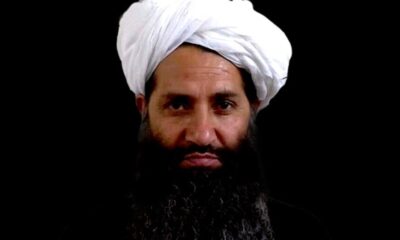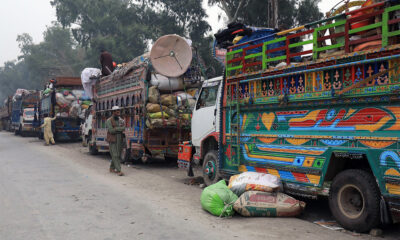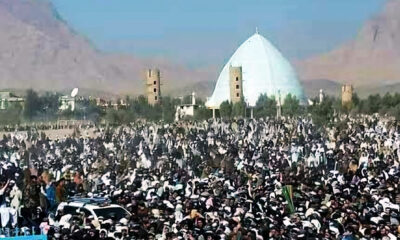Latest News
UN report highlights rights violations in Afghanistan; IEA rejects it as ‘propaganda’

The United Nations Assistance Mission in Afghanistan (UNAMA) in a report on Wednesday highlighted human rights abuses since takeover of the country by the Islamic Emirate of Afghanistan (IEA) in August last year.
The report summarises UNAMA’s findings with regards to the protection of civilians, extrajudicial killings, torture and ill-treatment, arbitrary arrests and detentions, the rights of women and girls in Afghanistan, fundamental freedoms and the situation in places of detention.
Despite an overall, significant reduction in armed violence, between mid-August 2021 and mid-June 2022, UNAMA recorded 2,106 civilian casualties (700 killed, 1406 wounded).
The majority of civilian casualties were attributed to targeted attacks by Daesh against ethnic and religious minority communities in places where they go to school, worship and go about their daily lives, UNAMA said.
“It is beyond time for all Afghans to be able to live in peace and rebuild their lives after 20 years of armed conflict. Our monitoring reveals that despite the improved security situation since 15 August, the people of Afghanistan, in particular women and girls, are deprived of the full enjoyment of their human rights,” said Markus Potzel, acting UN envoy to Afghanistan.
UNAMA’s report highlights specific concerns with respect to two bodies within IEA – the Ministry of Propagation of Virtue and Prevention of Vice and the General Directorate of Intelligence.
According to UNAMA, although the ministry’s directives are said to be recommendatory in nature, at times members of IEA have taken a harsh stance on their implementation, including carrying out physical punishments for alleged infringements of their directives.
UNAMA reported 160 extrajudicial killings, 178 arbitrary arrests and detentions and 56 instances of torture and ill-treatment of former ANDSF and government officials by IEA authorities.
It also reported 59 extrajudicial killings, 22 arbitrary arrests and detentions and seven incidents of torture and ill-treatment by IEA authorities of individuals accused of Daesh affiliation.
In addition, 18 extrajudicial killings, 54 instances of torture and ill-treatment and 113 instances of arbitrary arrest and detention and 23 cases of incommunicado detention of individuals accused of affiliation with self-identified “National Resistance Front” were also reported by UNAMA.
According to the report, there were human rights violations affecting 173 journalists and media workers, 163 of which were attributed to IEA authorities. Among these were 122 instances of arbitrary arrest and detention, 58 instances of ill-treatment, 33 instances of threats and intimidation and 12 instances of incommunicado detention.
“The rights to freedom of peaceful assembly, freedom of expression and freedom of opinion are not only fundamental freedoms, they are necessary for the development and progression of a nation. They allow meaningful debate to flourish, also benefiting those who govern by allowing them to better understand the issues and problems facing the population,” said Fiona Frazer, UNAMA Chief of Human Rights.
IEA however rejected the report as a “propaganda.”
Zabihullah Mujahid, a spokesman for IEA, said extrajudicial killings and arbitrary arrests are not allowed.
He said if anyone commits extrajudicial killing or arbitrary detention, he will be treated as a criminal and will face Sharia law.
Bilal Karimi, deputy spokesman of IEA, also said that IEA is the only force defending the rights of the Afghan people, and it is the real representative of the Afghan people.
Latest News
Islamic Emirate faces a wave of negative propaganda: Supreme leader
In his speech, Akhundzada emphasized on avoiding division and disunity, stating that the survival of the system lies in unity and solidarity.
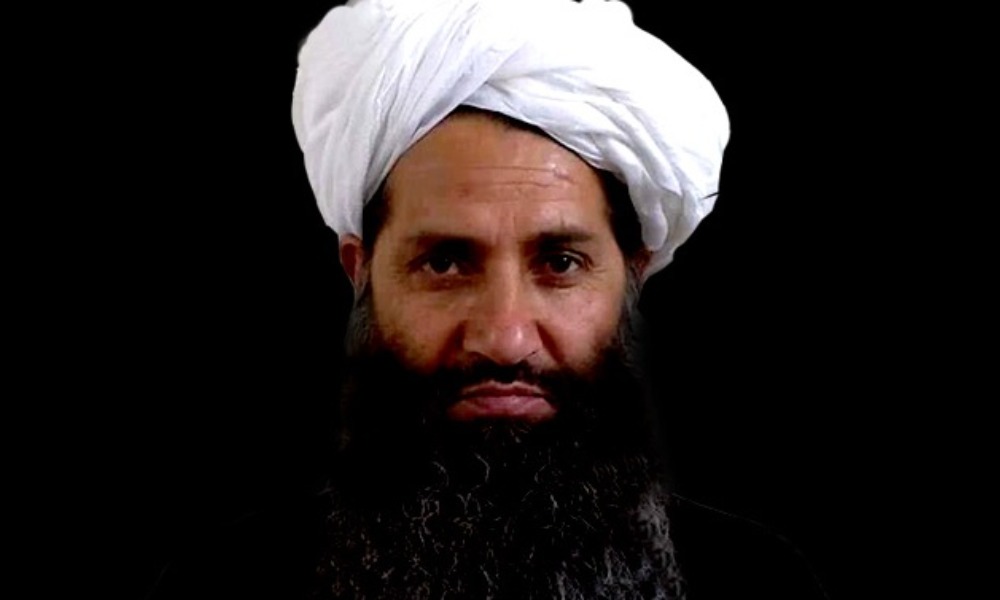
Mawlawi Hibatullah Akhundzada, supreme leader of the Islamic Emirate of Afghanistan (IEA), led Eid-ul-Fitr prayer in Kandahar province on Sunday, attended by thousands of people.
In his speech, Akhundzada emphasized on avoiding division and disunity, stating that the survival of the system lies in unity and solidarity.
He added that the Islamic Emirate is facing a wave of negative propaganda, and its enemies are using these tactics to incite war and conflict in the country once again.
He warned that division would lead to the failure of Muslims and the collapse of systems.
The leader of the Islamic Emirate further mentioned that they sacrificed their lives for 20 years to achieve victory in jihad, and protecting this system requires even more sacrifices.
He called on the people, the forces of the Islamic Emirate, and officials to obey the leadership’s orders, emphasizing that the absence of leadership in the past led to civil wars, which must not be repeated.
Latest News
Pakistan finalizes plans to detain and deport Afghans as deadline nears
Pakistan has granted Afghan migrants, both undocumented and those holding ACC cards, a deadline of March 31 to voluntarily leave the country.
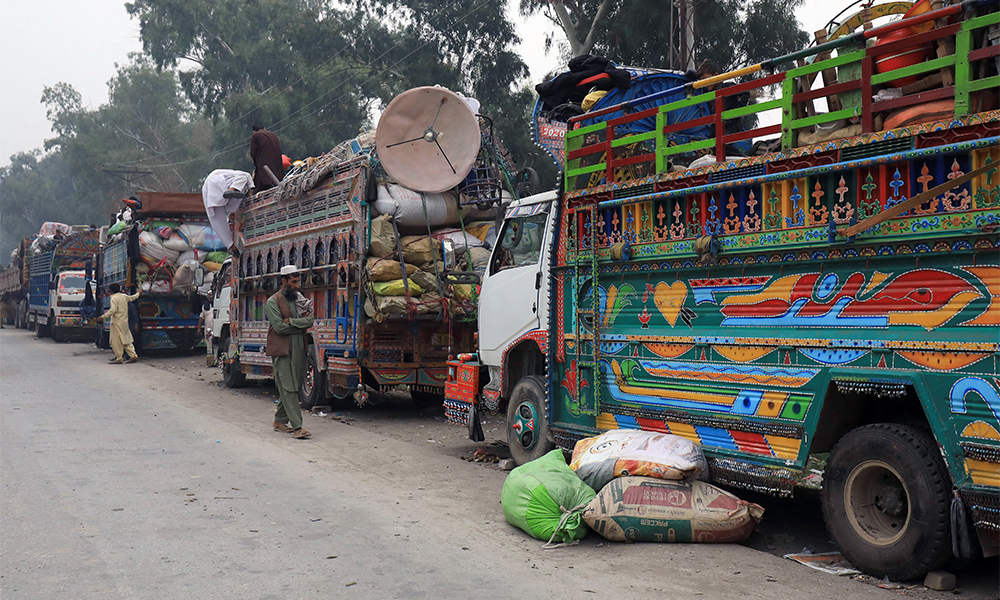
Officials in Pakistan have completed arrangements to detain and expel Afghan citizens following the March 31 deadline for their voluntary return to Afghanistan. This move is part of the country’s plan to address the growing concerns regarding the status of Afghan migrants in Pakistan.
A high-level meeting on Friday, chaired by Interior Minister Mohsin Naqvi, reviewed the measures to repatriate Afghan Citizen Card (ACC) holders. This meeting focused on ensuring the effective execution of the government’s deadline and the logistics surrounding the return process.
Despite requests from the Afghan government and human rights organizations, Pakistani authorities have firmly rejected extending the deadline for the return of ACC holders. The Pakistani government had initially set the deadline for the end of March, and the expulsion process will move forward as planned.
Mohsin Naqvi also revealed that Talal Chaudhry, the State Minister for Interior, would travel to the provinces to assess and address any challenges and potential issues in the process of Afghan migrants’ return.
Meanwhile, Pakistani security forces have detained at least 932 Afghan migrants in Rawalpindi, as the deadline for the expulsion of Afghan migrants with ACC cards approaches.
Human rights organizations have strongly condemned Pakistan’s recent decision to expel Afghan refugees, labeling it a violation of international law and a potential humanitarian crisis. They argue that many of these refugees, including human rights defenders, political activists, and victims of gender-based violence, fled Afghanistan to escape persecution and are now at risk of facing harm if deported.
The Human Rights Commission of Pakistan (HRCP) has expressed deep concern over the government’s ultimatum for undocumented immigrants to leave by March 31, warning that this could lead to a humanitarian disaster. They highlight that such forced repatriation violates international customary law and could adversely affect vulnerable groups, including women, children, the elderly, and individuals with disabilities.
Amnesty International has called on Pakistan to halt the detentions, deportations, and harassment of Afghan refugees, emphasizing that these actions violate the principle of non-refoulement, which prohibits returning individuals to places where they face risks of persecution. They stress that deporting Afghan refugees, especially women and girls, could deny them access to safety, education, and livelihoods.
Pakistan has granted Afghan migrants, both undocumented and those holding ACC cards, a deadline of March 31 to voluntarily leave the country.
However, Pakistani officials confirmed that Afghan migrants holding “PoR” cards are not at risk of being expelled until June 30.
Meanwhile, the International Organization for Migration (IOM) reported a sharp decline in Afghan returns and deportations during the first half of March. Between March 1 and 15, returns dropped by 67 per cent, while deportations fell by 50 per cent compared to the previous reporting period (February 16-28).
Latest News
Eid prayer led by IEA leader in Kandahar: Mujahid
Abdul Salam Hanafi, the Deputy Prime Minister for Administrative Affairs, called on opposition groups to return to Afghanistan and participate in the country’s reconstruction.
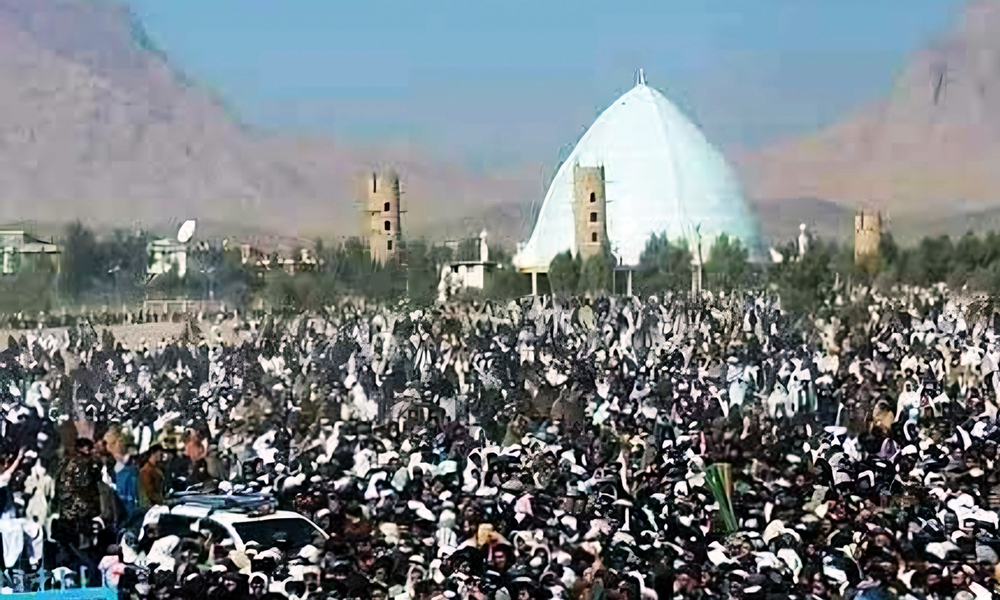
Zabihullah Mujahid, the spokesperson for the Islamic Emirate, announced on Sunday that the Eid al-Fitr prayer was held at the Eidgah Mosque in Kandahar, where Hibatullah Akhundzada, the Supreme Leader of the IEA, led the prayers.
Thousands of people attended the event, marking a significant religious occasion.
Other IEA senior officials gathered for the Eid prayer at the ARG (Presidential Palace) in Kabul.
Mullah Abdul Ghani Baradar, the Deputy Prime Minister for Economic Affairs, took the opportunity to address the public, stating that the Islamic Emirate is ready to engage with the world based on mutual respect. He also emphasized the importance of unity and solidarity among the Afghan people.
Baradar stressed that rebuilding the country requires internal unity and that no foreign entity can achieve this task for Afghanistan. On security, he highlighted the achievements of the past three years, asserting that under their administration, Afghanistan has become fully secure.
He reaffirmed that the IEA is committed to fostering international relations through an “economy-driven policy.”
Abdul Salam Hanafi, the Deputy Prime Minister for Administrative Affairs, called on opposition groups to return to Afghanistan and participate in the country’s reconstruction.
Hanafi reiterated the IEA’s desire for economy-driven relations with all regional and global powers based on mutual respect.
Mohammad Yousuf Wafa, the Governor of Balkh, also affirmed that the current system will not be undermined. He stated, “This system was established through great sacrifices, and it is our collective duty to defend it.”
The Eid prayers and the speeches of the IEA leadership underscored a message of unity, security, and a desire for positive international engagement.
-

 Latest News5 days ago
Latest News5 days agoAfghanistan has the right to access Amu River’s water: Uzbek minister
-

 Climate Change5 days ago
Climate Change5 days agoUN and ICRC warn of serious water shortage in Afghanistan
-

 Latest News4 days ago
Latest News4 days agoAmnesty international urges Pakistan to halt Afghan deportations
-

 International Sports5 days ago
International Sports5 days agoIPL 2025: Punjab Kings secure thrilling 11-run win over Gujurat Titans
-
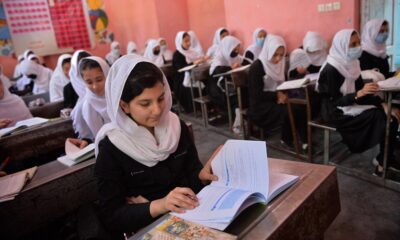
 Latest News5 days ago
Latest News5 days agoUN ‘deeply disappointed’ over ongoing ban on girls’ secondary education
-

 Latest News4 days ago
Latest News4 days agoAfghanistan-Iran-Europe railway corridor activated
-

 Business4 days ago
Business4 days agoAfghanistan ships first consignment to Europe via Khaf-Herat railway
-

 Business3 days ago
Business3 days ago36 mining contracts inked over the past year: Mines ministry




